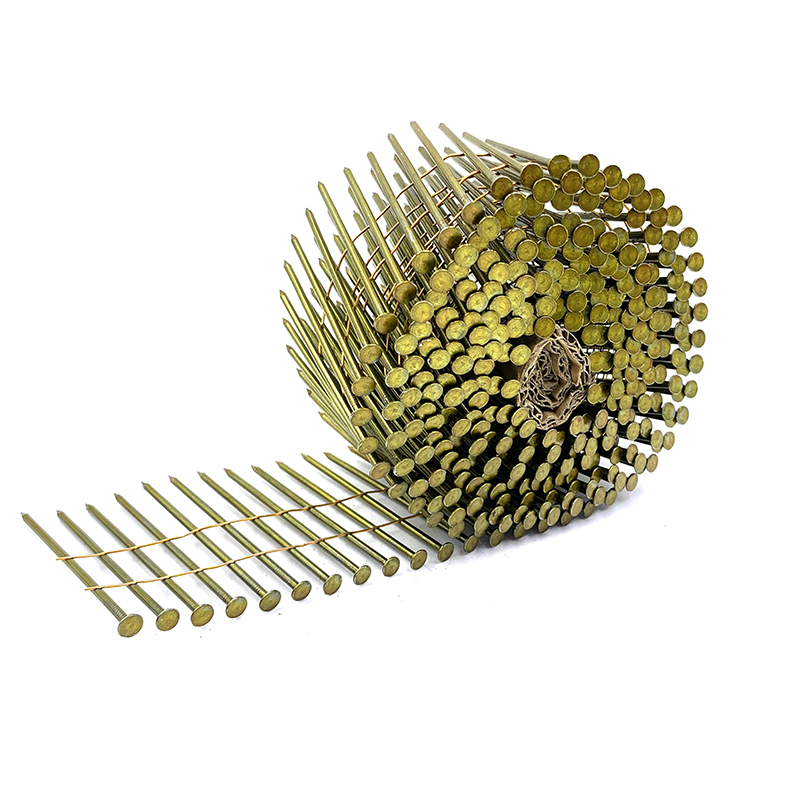Here’s how 10d nails for framing compare to some other common nail types:
8d nails
Smaller and thinner shank than a 10d, so they don’t provide as much holding power or shear/withdrawal resistance for structural framing.
12d nails
Larger and thicker than needed for light wood framing, more appropriate for heavier decking or when joining multiple framing members.
16d nails
Much too large/heavy-duty for typical wood framing, better suited for flooring, sheathing, or joining structural elements.
6d nails
Generally too small/thin for framing jobs, more suitable for non-load bearing applications like trim or subflooring.

Staples
Can dimple or tear wood, less control than nails. Difficult to remove if needed.
Screws
More expensive, require pre-drilling, slower to install than nails for typical framing.
Brad nails
Very fine point, fragile, only work for lightweight applications like trim, not load-bearing.
16ga cleat nails
Thinner shank than 10d, meant for light-duty jobs rather than structural wood framing.
So 10d framing nails provide the ideal thickness, strength, and handling characteristics for load-bearing wood framing construction tasks.